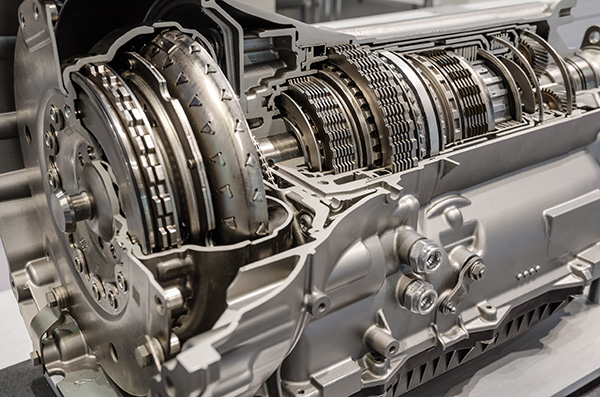
Your car’s transmission is responsible for transferring power from the engine to the wheels. But it's not always easy to detect when this crucial system starts showing signs of trouble. Many drivers ignore the early warning signs, leading to major issues or, even worse, complete transmission failure. So, what are the red flags you should be watching for?
Strange Noises When Shifting Gears
One of the first and most noticeable signs of a transmission issue is unusual sounds. Whether it’s a grinding noise, a high-pitched whining, or a loud clunk when shifting gears, these sounds indicate that something isn’t quite right. Grinding noises might suggest worn-out gear synchronizers or a slipping clutch for manual transmissions. Meanwhile, automatic transmissions can produce humming or buzzing sounds when a fluid leak or an internal component fails.
Ignoring these noises can lead to severe damage, so addressing them as soon as possible is essential. It’s easy to chalk up the odd sound as something minor, but these noises are your car’s way of signaling that it needs attention. The earlier you catch and resolve transmission issues, the less likely you are to face hefty repair bills.
Delayed or Rough Shifting
Have you ever noticed your car hesitating or jerking when changing gears? This delay or roughness in shifting can be a clear sign that your transmission is struggling. In a healthy transmission, the gears should change effortlessly without you even noticing. However, when there’s a problem, you might experience a pause between gears or even a rough jolt as the car shifts.
This issue can be caused by several factors, including low transmission fluid levels, a failing torque converter, or a problem with the transmission’s electronic control system. Delayed or rough shifting doesn’t just make for an uncomfortable ride—it can also signal that your transmission is on the brink of failure. So, if your car is giving you a bumpy ride, don’t wait to get it checked out.
Burning Smell Coming from the Engine Bay
A burning odor coming from your vehicle is never a good sign. If you detect a burning smell that’s similar to burning rubber or hot oil, it could be a sign of an overheating transmission. This often occurs when the transmission fluid is old, contaminated, or running low. Transmission fluid lubricates the moving parts and helps cool down the system. Without sufficient fluid, the components can overheat and lead to severe damage.
Overheating can quickly escalate into bigger problems, so it’s crucial to address it immediately. Pull over safely and check the fluid level if you notice a burning smell. Driving with low or dirty transmission fluid can cause extensive damage that might require a full transmission replacement.
Leaking Transmission Fluid
Your car should never leave a puddle of fluid wherever it’s parked. If you spot a red or dark brown fluid under your vehicle, it clearly indicates a transmission fluid leak. Unlike engine oil, transmission fluid is not consumed or burned off during regular use, so any drop in its level indicates a leak. Transmission fluid is essential for keeping the transmission’s moving parts lubricated and functioning properly.
A leak can be caused by worn seals, a damaged transmission pan, or loose bolts. Without enough fluid, your transmission can suffer from excess friction, leading to overheating and wear. It’s a relatively easy fix if caught early, so don’t ignore those telltale spots on your driveway or garage floor.
Unresponsive or Slipping Gears
Is your car slipping out of gear unexpectedly, or is it struggling to stay in the right gear? This is known as gear slippage, and it’s a common sign of transmission trouble. When this happens, you might notice a lack of power during acceleration, or your car may suddenly shift to neutral without warning.
Worn-out clutch plates can cause slipping gears in manual transmissions or failing internal components in automatics. If your car is unresponsive when you try to accelerate, or if it feels like it’s shifting on its own, it’s time to have a professional take a look. Ignoring this issue can leave you stranded and facing a much bigger repair bill than if you caught it early.
Dashboard Warning Lights
Modern vehicles are equipped with sensors and warning lights designed to alert you to potential problems. If your dashboard’s “Check Engine” or transmission warning light comes on, don’t ignore it. While these lights can indicate a range of issues, including transmission problems, they should never be overlooked. The car’s onboard diagnostics system is trying to tell you something’s wrong, and catching the issue early can save you a lot of trouble.
If the transmission warning light is illuminated, it’s best to bring your car in for a professional diagnostic check. Even if your vehicle seems to be running fine, these lights are often the first sign of a hidden problem that could escalate if left unattended.
Don’t let a small transmission issue turn into a big expense. Bring your vehicle to Premier West Gears for a thorough check-up. Schedule your appointment now and drive with peace of mind.